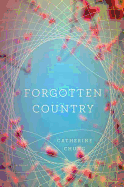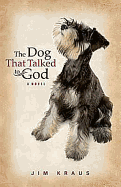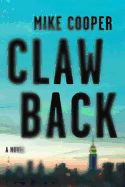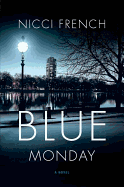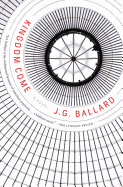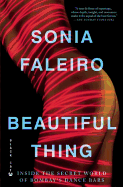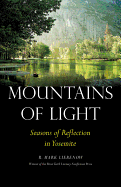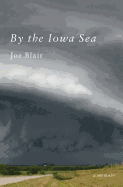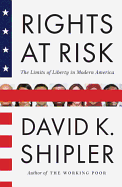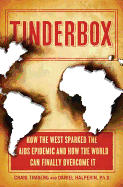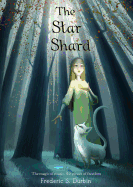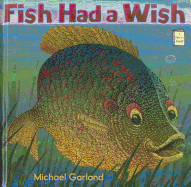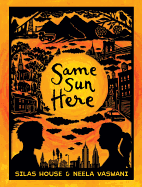Birthday Girl
Today is my birthday, and since it's also a Friday, I've decided to claim a three-day weekend featuring dinner with friends (cooked by my husband--yay!), and... a reading extravaganza. I have a special shelf, out of many shelves, that holds books I really want to read. This shelf undergoes frequent culling, but some books stay, and those are the books I will choose.
I'll be finishing Peter Robinson's Before the Poison, a haunting story of a woman hanged for murder in 1953, and the man who buys her house in England and is intrigued the mystery surrounding her. Then Jenny Lawson's memoir, Let's Pretend This Never Happened, which is coming in April. Someone sent me this link to her blog, and I really did laugh until I cried. A more serious book I have been waiting to read is The New Jim Crow by Michelle Alexander, "handsold" to me via an editorial by Leonard Pitts, Jr. And John Donne: The Reformed Soul, a biography by John Stubbs. It came out six years ago, and I'm determined to finally read it, because I know I will sink into it and love it. How could I not? Here's the start: "His mistress lived with her parents, and access was a problem."
My husband gave me Sex, Death and Oysters by Robb Walsh for Christmas, knowing how much I love raw oysters. That's next. Then one of my favorite authors, in the vein of Anne Lamott and Barbara Brown Taylor, Lauren Winner. Her latest book is Still: Notes on a Mid-Faith Crisis--I read half of it a few months ago, then got sidetracked by work (of all things) and am eager to finish it.
This may seem ambitious, but given a day with no distractions, I've been known to put away three mysteries. The only problem will be my desire to read mysteries the entire weekend. But all that really remains to be decided is snacks. Tea with the Donne biography; Tim's Sea Salt and Vinegar potato chips with Jenny Lawson; red wine with everything else. --Marilyn Dahl, book review editor, Shelf Awareness



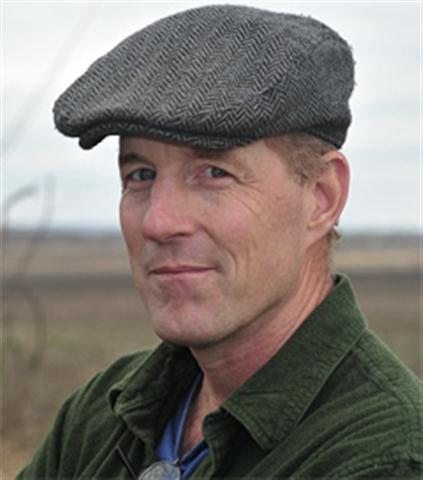 I didn't set out to write a memoir. It was a day-by-day endeavor. Daily writing was a thing I had decided to do six years before I started editing the book. It was something I willed myself to do and, after a time, it was a thing I had to do. I had grown dependent upon it. My writing partner and I would write about an hour a day. We'd sit across from one another, open our computers, and we wouldn't stop writing for an hour. And then we'd read aloud whatever it was we'd written.
I didn't set out to write a memoir. It was a day-by-day endeavor. Daily writing was a thing I had decided to do six years before I started editing the book. It was something I willed myself to do and, after a time, it was a thing I had to do. I had grown dependent upon it. My writing partner and I would write about an hour a day. We'd sit across from one another, open our computers, and we wouldn't stop writing for an hour. And then we'd read aloud whatever it was we'd written. Eliza Langhans sent a great line to begin with, from Amanda Filipacchi's novel Nude Men: "I am a man without many pleasures in life, a man whose few pleasures are small, but a man whose small pleasures are very important to him. One of them is eating. One reading. Another reading while eating."
Eliza Langhans sent a great line to begin with, from Amanda Filipacchi's novel Nude Men: "I am a man without many pleasures in life, a man whose few pleasures are small, but a man whose small pleasures are very important to him. One of them is eating. One reading. Another reading while eating."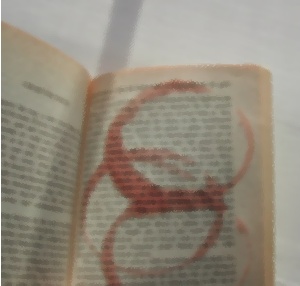 Not too many people copped to reading while eating a meal, but Stephanie Varga admitted to doing so, and said, "An additional dinner knife rested over the open book will keep it open so I can read and eat. My mother would roll in her grave if I committed the unpardonable act of cutting up all my food in advance. Pu-leeze."
Not too many people copped to reading while eating a meal, but Stephanie Varga admitted to doing so, and said, "An additional dinner knife rested over the open book will keep it open so I can read and eat. My mother would roll in her grave if I committed the unpardonable act of cutting up all my food in advance. Pu-leeze."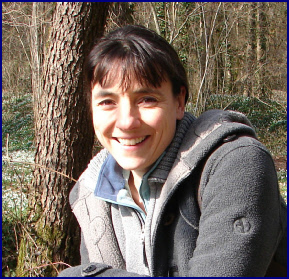
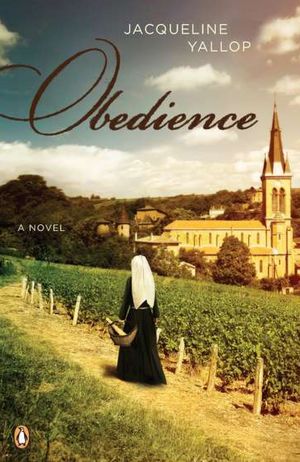 Book you're an evangelist for:
Book you're an evangelist for: